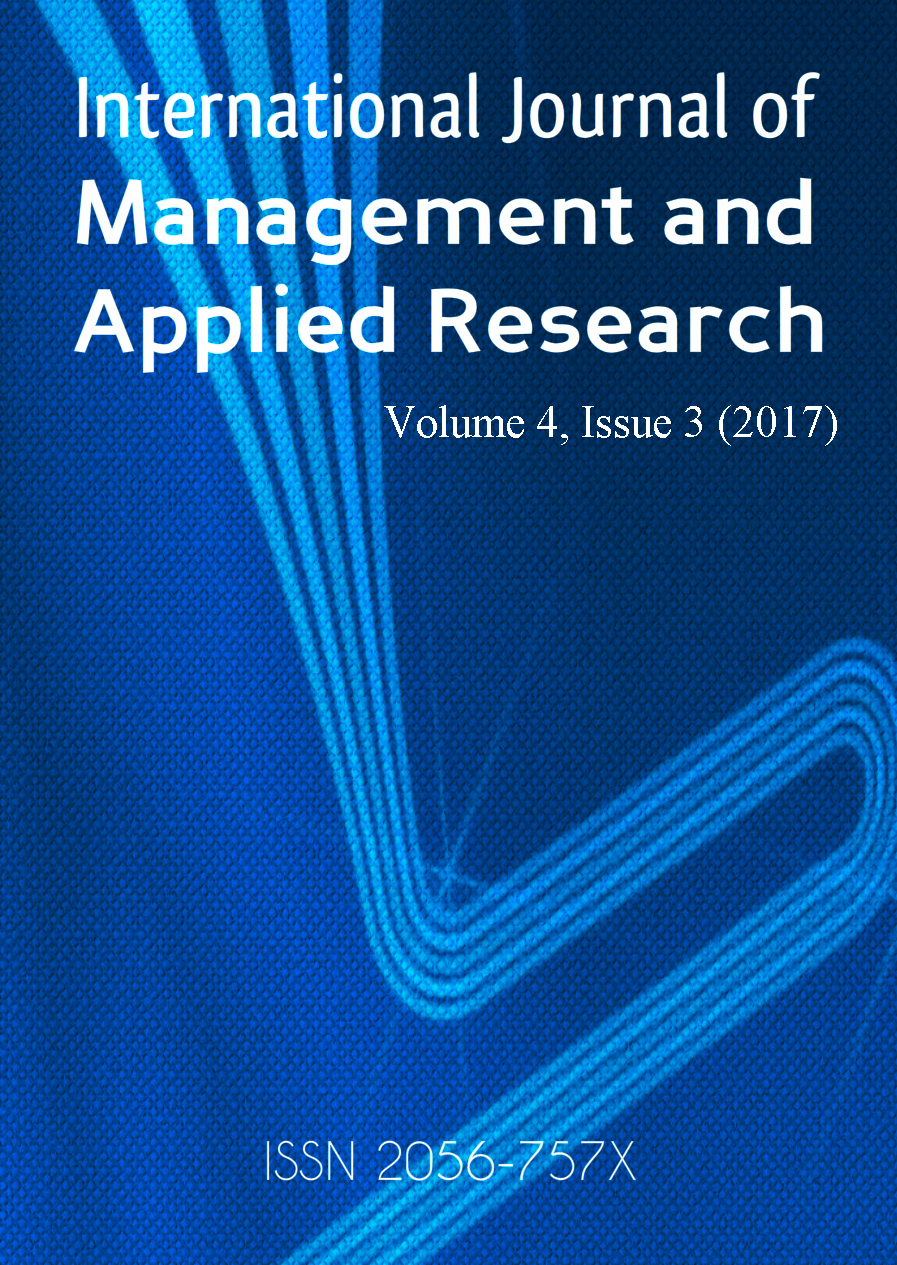Institutional Drift of the Healthcare System in Poland – the Institutional Approach
Institutional Drift of the Healthcare System in Poland – the Institutional Approach
Author(s): Jarosław PlichtaSubject(s): National Economy, Supranational / Global Economy, Social development, Management and complex organizations, Health and medicine and law, Family and social welfare, Policy, planning, forecast and speculation, Nationalism Studies, Rural and urban sociology, Social Informatics, Sociology of the arts, business, education, Welfare services, Economic development, Social Norms / Social Control
Published by: New Millennium Discoveries Ltd
Keywords: Health Economics; New Institutional Economics; Agency Problem; Transaction Costs; Health policy;
Summary/Abstract: The healthcare system in Poland has undergone a series of changes for many decades. For many years the entire system has been in a state of drift. The government has searched for a solution to this situation and a way out of the “path dependence”. Regardless of political aspects, centralisation has numerous disadvantages from the institutional point of view. In spite of the neo-classical approach in healthcare economics prevails in the literature, some scholars and practitioners propose alternative approaches, including institutional economics and its successor, New Institutional Economics. The approach emphasises the institutional environment of healthcare and take consideration of many different stakeholders, including informal institutions, thereby provides a broader view of the national healthcare system. The article attempts to examine the main challenges to the healthcare system in Poland from an institutional point of view. Suggestions are offered for how policy makers and industry players may initiate institutional change in healthcare.
Journal: International Journal of Management and Applied Research
- Issue Year: 4/2017
- Issue No: 3
- Page Range: 179-193
- Page Count: 15
- Language: English

